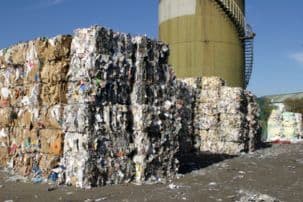
National Recycling Week - Manufacturing Materials
Lesson1 of 3 in this unit
SecondaryYear 9 - 10ScienceEnvironmentalRecyclingSustainability
Summary
Lesson Guides and Printables
Lesson Plan

Student Worksheet

Teacher Content Info


Lesson Plan

Student Worksheet

Teacher Content Info
